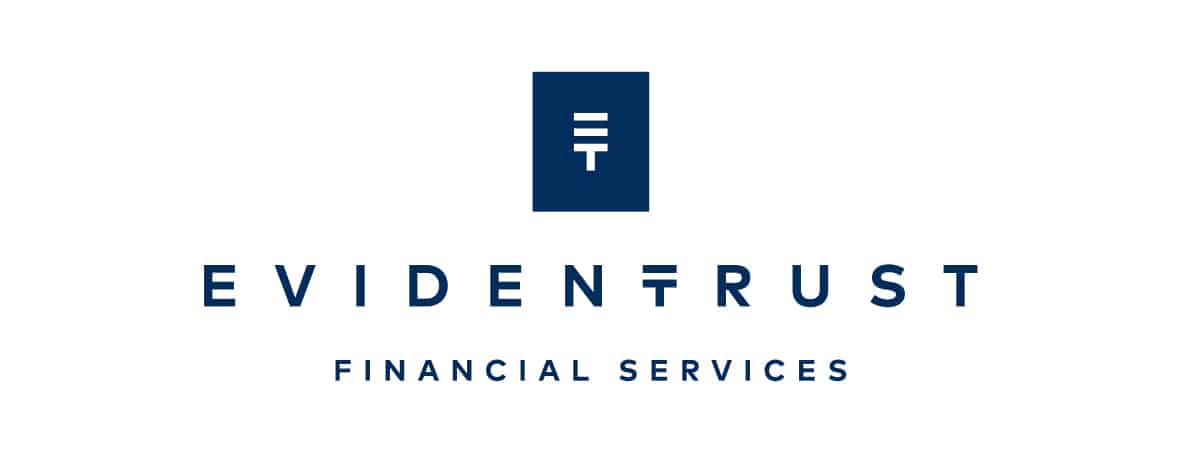In today’s fast-paced business environment, small and medium-sized enterprises (SMEs) are increasingly turning to cloud accounting solutions to streamline their financial operations. These platforms offer a host of benefits, including automation, real-time insights, and scalability, enabling SMEs to focus on growth and innovation.
What Is Cloud Accounting for SMEs?
Cloud accounting for SMEs refers to the use of online accounting software that allows businesses to manage their financial data over the internet. Unlike traditional desktop-based systems, cloud accounting platforms enable users to access financial information anytime, anywhere, using any device with an internet connection. This accessibility is particularly beneficial for SMEs with remote teams or multiple locations.
Top Accounting Software for Small Businesses
Several cloud-based accounting software options cater specifically to the needs of small businesses:
- QuickBooks Online: Known for its user-friendly interface and robust features, QuickBooks Online offers invoicing, expense tracking, and financial reporting. It also integrates with various third-party applications, enhancing its functionality.
- Xero: Xero provides real-time financial data, making it easier for SMEs to track cash flow, manage invoices, and reconcile bank transactions. Its cloud-based nature ensures that financial information is always up-to-date.
- Zoho Books: Zoho Books offers comprehensive accounting features, including automated workflows, project tracking, and time billing. Its integration with other Zoho applications provides a seamless experience for users.
- FreshBooks: Tailored for service-based businesses, FreshBooks simplifies time tracking, invoicing, and expense management. Its intuitive design makes it easy for non-accountants to use.
- Sage Business Cloud Accounting: Sage offers scalable accounting solutions suitable for SMEs, with features like VAT management, cash flow forecasting, and multi-currency support.
Each of these platforms offers unique features that can be beneficial depending on the specific needs of your business.
Key Benefits of Cloud-Based Financial Management
- Automation of Accounting Processes
Accounting automation for SMEs is a game-changer. Cloud accounting platforms can automate routine tasks such as invoicing, expense categorization, and bank reconciliations. This not only saves time but also reduces the risk of human error, ensuring more accurate financial records.
- Real-Time Financial Insights
Cloud accounting solutions provide real-time access to financial data, allowing business owners to make informed decisions quickly. Whether it’s monitoring cash flow, tracking outstanding invoices, or generating financial reports, having up-to-date information at your fingertips is invaluable.
- Scalability and Flexibility
As your business grows, your accounting needs will evolve. Cloud-based financial management systems are scalable, allowing you to add users, features, or integrations as required. This flexibility ensures that your accounting system can adapt to your business’s changing demands.
- Enhanced Collaboration
Cloud accounting platforms facilitate collaboration among team members, accountants, and financial advisors. Multiple users can access and work on the same financial data simultaneously, streamlining communication and decision-making processes.
- Cost-Effectiveness
Traditional accounting systems often require significant upfront investments in software and hardware. In contrast, cloud accounting solutions typically operate on a subscription basis, reducing initial costs and providing predictable monthly expenses. Additionally, the elimination of manual processes can lead to long-term cost savings.
- Improved Security
Reputable cloud accounting providers implement robust security measures, including data encryption, multi-factor authentication, and regular backups. These features help protect sensitive financial information from unauthorized access and potential data loss.
How SMEs Can Leverage Cloud Accounting
To maximize the benefits of cloud accounting, SMEs should consider the following steps:
- Choose the Right Software: Select a cloud accounting platform that aligns with your business’s specific needs and budget.
- Integrate with Existing Systems: Ensure that your cloud accounting software integrates seamlessly with other tools you use, such as CRM systems or e-commerce platforms.
- Train Your Team: Provide adequate training to your team members to ensure they can effectively use the new system.
- Regularly Review Financial Data: Make it a habit to regularly review your financial data to identify trends, opportunities, and areas for improvement.
Conclusion
Cloud accounting solutions are revolutionizing financial management for SMEs by offering automation, real-time insights, and scalability. By adopting these platforms, businesses can streamline their accounting processes, reduce costs, and make more informed decisions. For personalized guidance on selecting and implementing cloud accounting solutions, consider consulting with experts like Evidentrust, who can provide tailored solutions to meet your business needs.
FAQs
- What is cloud accounting?
Cloud accounting involves using online software to manage financial data, allowing access from any device with an internet connection. - How does cloud accounting benefit SMEs?
It offers automation, real-time financial insights, scalability, enhanced collaboration, cost-effectiveness, and improved security. - What are some popular cloud accounting software options for small businesses?
QuickBooks Online, Xero, Zoho Books, FreshBooks, and Sage Business Cloud Accounting are among the top choices. - Is cloud accounting secure?
Yes, reputable providers implement robust security measures, including data encryption and multi-factor authentication. - Can cloud accounting software integrate with other business tools?
Many cloud accounting platforms offer integrations with CRM systems, e-commerce platforms, and other business tools.





